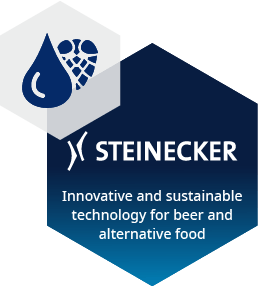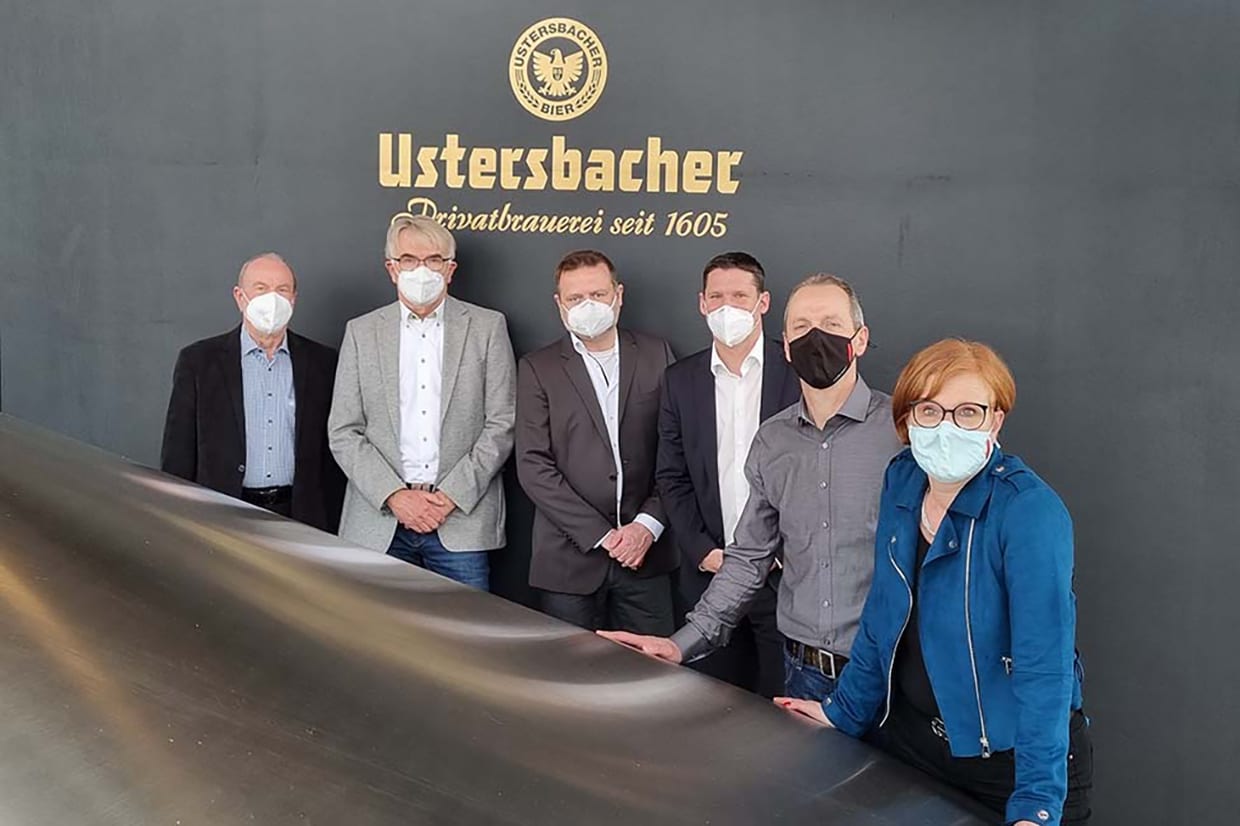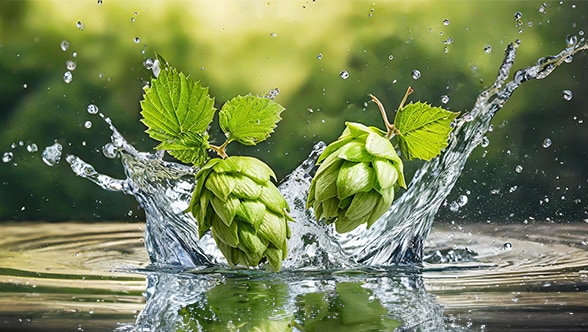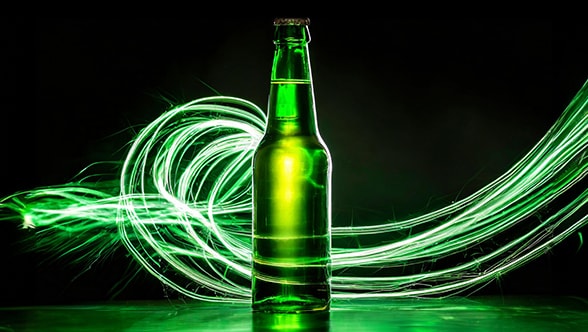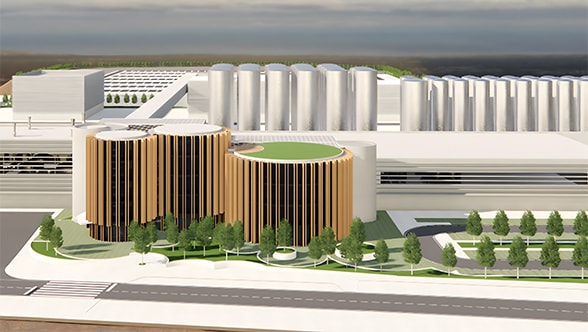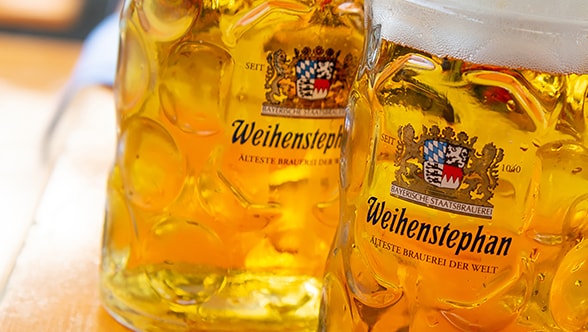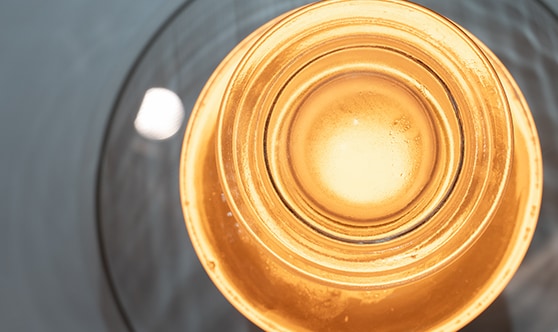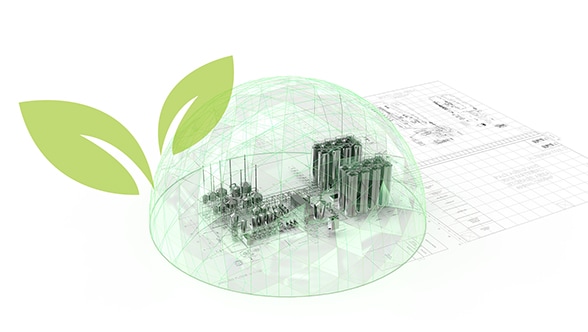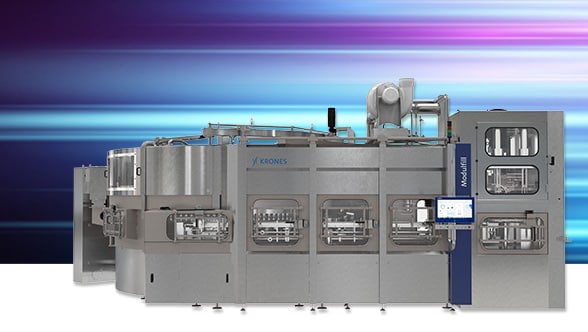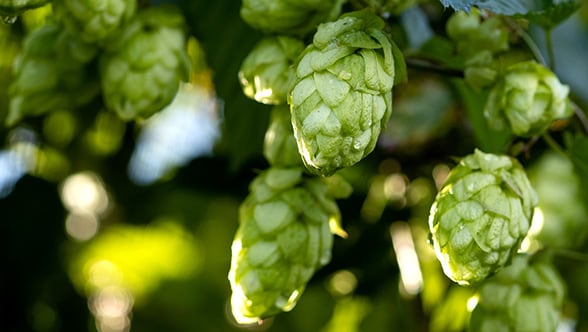Maximum yield: protein derivatives and energy
And the process developed by Reule/Gottschalk provides yet another ingenious side effect, right in tune with current trends. You see, the inhibitors mentioned above are produced when protein is broken down during biogas fermentation. That can no longer happen in the new biomass conversion process since the proteins (= the inhibitor source) are already separated as hydrolysate upstream of the biogas stage. And it is precisely this hydrolysate that is today more in demand than ever before because it is not only needed to make vegan foods and beverages but also a much sought-after ingredient for producers of food supplements.

